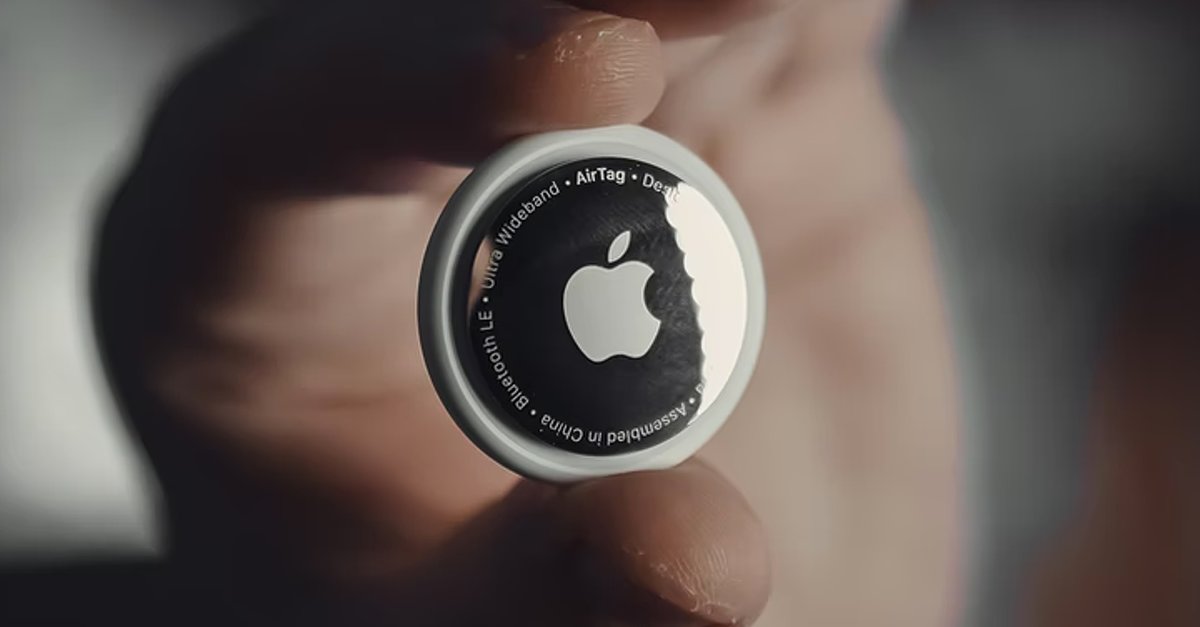The robber chases underage Bitcoin thieves, suing their parents
In 2018, 16 Bitcoin was stolen from the American Andrew Schober via a phishing app. He managed to find the perpetrators. Now he is trying to take legal action against their parents to get his Bitcoin back.
Two young hackers who were underage at the time managed to persuade Schober to install software called “Electrum Atom” via a link on Reddit. Schober thought the software was a Bitcoin wallet. He was wrong about that.
Contents
Malware cheers Schober under false Bitcoin addresses
Instead, it was malware that monitored Schober’s activities in the background and waited for him to copy a Bitcoin address. When it tried to paste the address back in, the malware swapped the copied address for one of 195,000 others stored in the code. So Schober thought he was transferring Bitcoin from one of his addresses to another. In fact, the malware sent the cryptocurrency to the address of the hackers. The principle is known as a man-in-the-middle attack.
Schober lost a little more than 16 Bitcoin in this way. Back then they were worth just under $ 200,000; today they would be worth over $ 800,000. When the robber had seen through the act, he vowed to track down the thieves and get the Bitcoin back.
Schober hires experts with crypto forensics
He commissioned experts to trace the paths of the coins. In total, this search cost him over $ 10,000. Ultimately, however, it was successful. Schober found the perpetrators. The pure analysis of the blockchain data would not have been enough to identify the perpetrators.
Rather, they made a mistake that ultimately led Schober on their trail. After the blockchain analysis had shown that the hackers had tried to exchange the Bitcoin for Monero, a particularly privacy-oriented cryptocurrency, it was clear that they would have to try to get the private key that was used with the public key for the address used by the malware.
On Github, around the time of the theft, a user asked how one could get such a private key. Repositories for the malware and for a program that enabled algorithmic trading on the Bitfinex exchange were then found in this user’s Github account. Two deposits with Schobers Bitcoins could be traced there. Everything together gave a solid suspicion and finally led Schober to the alleged thieves.
Schober tries to be good
It turned out that the two perpetrators were minors at the time of the theft. Therefore, Schober decided to contact the parents by email. “It appears that your son used malware to steal money from people online,” he wrote. He had also offered to “fix the matter without calling in the law enforcement agencies”.
The parents should simply arrange for the Bitcoin to be returned in full and the matter would be settled for him. Schober provided an address and a deadline. The parents contacted neither replied to the first message in 2018, nor to a second one in 2019.
At the beginning of this year, Schober therefore sought legal assistance and filed a lawsuit against the perpetrators and their parents. He takes the position that the parents were also liable to prosecution because the adults “knew or should have known” that their children were engaged in “illegal computer abuse and / or cryptocurrency theft”. The children at that time are now of legal age and are supposed to study computer science at a university.
Act is apparently not disputed
One of the defendant mothers has meanwhile requested that the lawsuit be dismissed. Interestingly, she does not deny the act, but claims limitation for three of the four claims. Schober’s lawyers are of the opinion that the limitation period did not begin with the theft of the bitcoins, but only when the identities of the alleged hackers became known.
The case shows the differences between the banking and the cryptosystem particularly clearly. Schober had to invest considerable sums in tracing the transaction processes. And, even though he succeeded, he still doesn’t have the stolen bitcoins back. About the case did first Brian Krebs reported by “Krebs on Security”.



